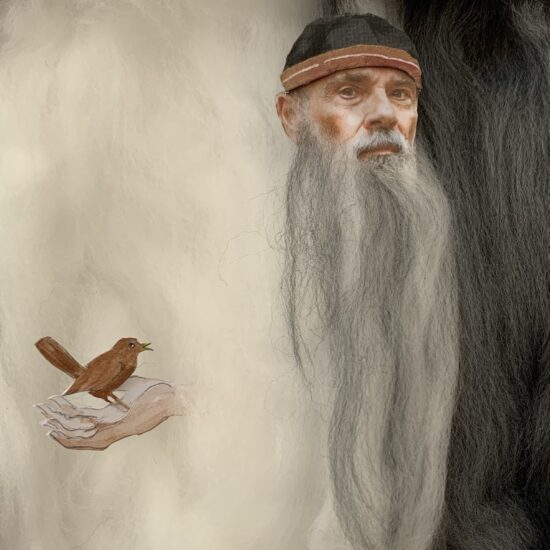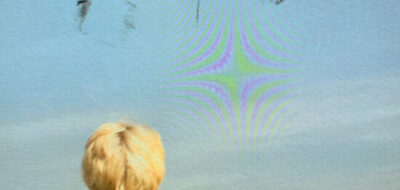Using a beat to draw the audience closer to the melodic treasure it guards is something we’ve been hearing in pop, R&B, and soft rock for the better part of the last six decades, and in his new single and music video “Ode to a Nightingale,” Bruce Sudano is using the percussive nudging beneath his words to create an entire atmosphere. From the moment we get started in this song forward, Sudano is weaving melodies into the groove as to seduce anyone within earshot of the music, and though previous works have been quite ambitious in their own right, this feels like a particularly special moment in his recent career.
The music video for “Ode to a Nightingale” shows us a more vulnerable Bruce Sudano for sure, but it’s not excessive with external themes as a means of emphasizing his exposure. If anything, the minimalism of the visual scheme is a nod to how personal a piece this is – hence why there are no additional featured images in the sequence outside of the color (the music) and him (the maker). It’s symbolic but not arrogant, which is something I’ve been wishing for more of in indie music over the past couple of years.
You could make the argument that this is one of the least breathable Sudano singles to debut so far and I would probably agree, but only to the extent that it feels like a worthy experiment his sound can withstand. This is unquestionably the tightest arrangement I’ve heard in one of his pop songs, and although constricting it isn’t something that casts a dark shadow over the brighter points in his artistry (the opposite, quite frankly). He knows his limits, and he also knows how to push them with enough force to get some real results without alienating his original fan base.
If you’ve enjoyed any of the previous material that Bruce Sudano has written, recorded, and produced, you’re likely going to find this latest entry in his discography to be just as brilliant as anything he’s done before. He goes after the big harmonies in this track with excellent precision but isn’t afraid to loosen his tie and play with the beat a little more than a lot of his contemporaries would be bold enough to, and it’s for these reasons that I think a lot of critics – and fans – are going to celebrate what he’s done here.









